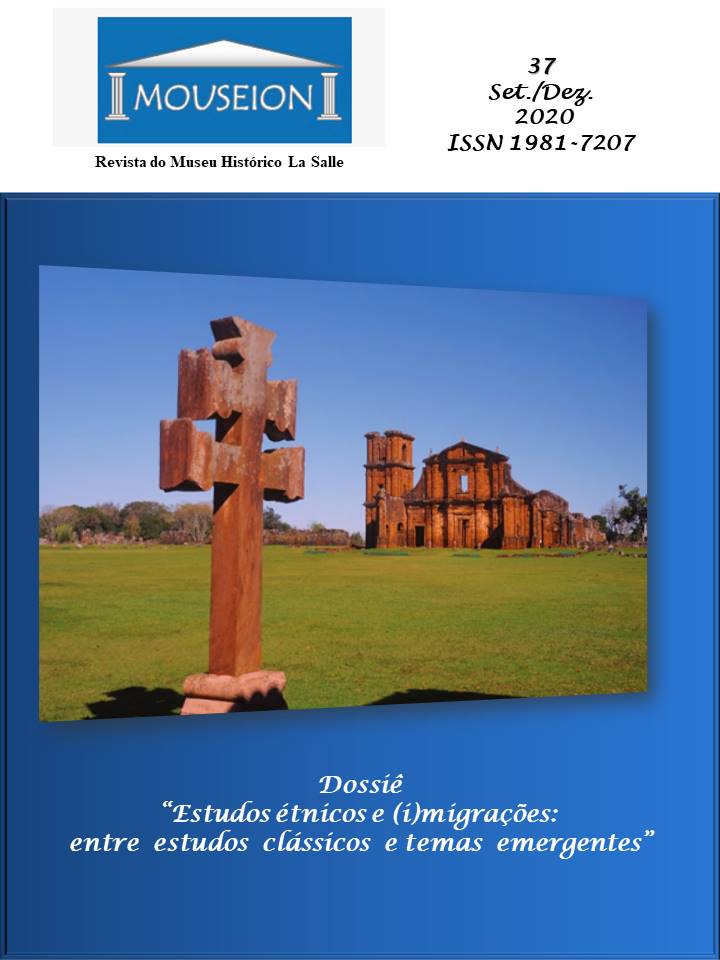Museum and museology reports and reflections
DOI:
https://doi.org/10.18316/mouseion.v0i37.7368Keywords:
Museums, Museology, History CourseAbstract
This article sought to understand the importance of the theme of museums in the conception of academics at the Federal University of Tocantins (UFT), Araguaína campus. To do so, it systematized ideas, experiences and reflections obtained during the course of Fundamentals of Museology. The text also presents a brief history of the museum institution and establishes a dialogue between some authors and researchers who deal with the subject. From the application of a questionnaire with the museological theme, it discusses and reflects on the students’ reports on museums and museology. In addition, it problematizes the main questions answered, about what a museum is and how it is constituted, its social and personal importance for those who visit it. As considerations, it highlights that the students of the History Course, who answered the questionnaire, elaborated during the course of Fundamentals of Museology, have conceptions of the museum as a place that has the objective, above all, of preserving the past. This may be related to the non-access of these students to museological institutions, considering the small existence of museums, mainly in the northern region of Tocantins. Besides that, another problem that was raised was the question of the formation of the history students, who should minimally understand the importance of the museums and their function in the society, what invites us to make other investigations. In this way, we believe that the insertion of studies about museums in the curricula of History courses can be a possible alternative.Downloads
Published
2020-12-07
Issue
Section
Artigos / Ensaios
License
Authors must submit their manuscripts to be published in this journal agree with the following terms:
Authors maintain the copy rights and concede to the journal the right of first publication, with the paper simultaneously licensed under the License Creative Commons attribution that permits the sharing of the paper with recognition of authorship and initial publication in this journal.
Since the articles are presented in this journal of public access, they are of free use, with their own attributions for educational and non-commercial purposes.


